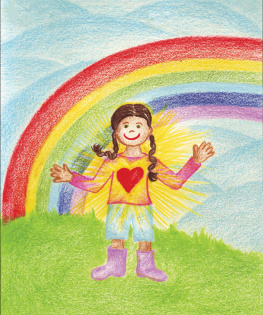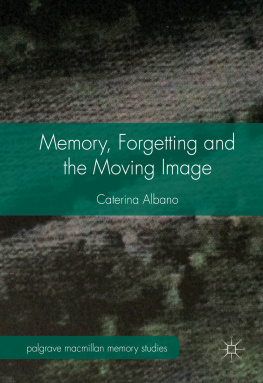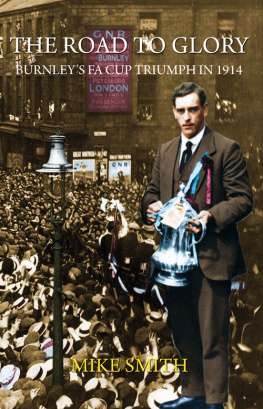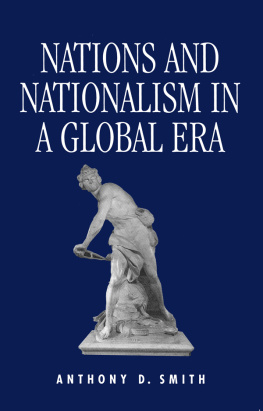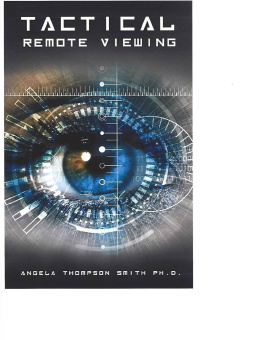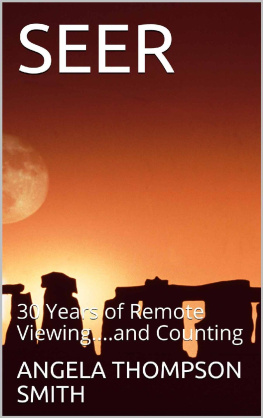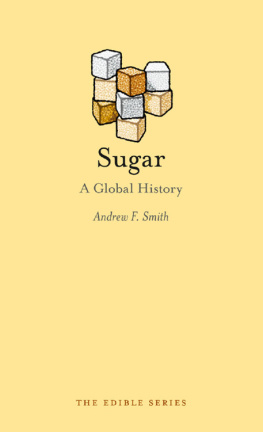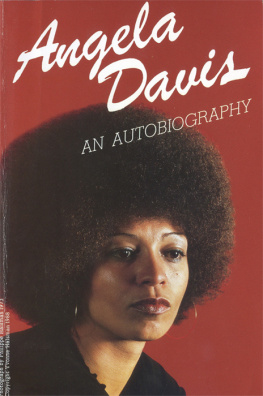
War, Experience and Memory in Global Cultures Since 1914
This edited collection explores and develops representations of war experience from 1914 to the ongoing conflicts of the twenty-first century, through the specific lens of memory. It builds on recent explorations of the importance of war experience in shaping cultural memory that have focused on the aftermath of the First World War and the Second World War, particularly through Holocaust studies. These essays, by a range of international and interdisciplinary scholars, broaden the scope considerably, examining the alternate spaces of the First World War and those that followed it through a range of different media, offering an artistic trajectory to the centennial commemorations of 20142018.
Angela K. Smith is a professor of modern literature at the University of Plymouth.
Sandra Barkhof is a lecturer in modern history at the University of Plymouth.
Routledge Studies in Cultural History
Student Revolt, City, and Society in Europe
From the Middle Ages to the Present
Edited by Pieter Dhondt and Elizabethanne Boran
Respectability as Moral Map and Public Discourse in the Nineteenth Century
Woodruff D. Smith
The British Anti-Psychiatrists
From Institutional Psychiatry to the Counter-Culture, 19601971
Oisn Wall
Cultural Histories of Crime in Denmark, 1500 to 2000
Edited by Tyge Krogh, Louise Nyholm Kallestrup and Claus Bundgrd Christensen
Fascism and the Masses
The Revolt Against the Last Humans, 18481945
Ishay Landa
The Irish and the Origins of American Popular Culture
Christopher Dowd
The Medieval and Early Modern Garden in Britain
Enclosure and Transformation, c. 12001750
Edited by Patricia Skinner and Theresa Tyers
Historical Memory of Central and East European Communism
Edited by Agnieszka Mrozik and Stanislav Holubec
War, Experience and Memory in Global Cultures Since 1914
Edited by Angela K. Smith and Sandra Barkhof
For more information about this series, please visit: www.routledge.com/Routledge-Studies-in-Cultural-History/book-series/SE0367
War, Experience and Memory in Global Cultures Since 1914
Edited by Angela K. Smith and Sandra Barkhof
First published 2018
by Routledge
711 Third Avenue, New York, NY 10017
and by Routledge
2 Park Square, Milton Park, Abingdon, Oxon OX14 4RN
Routledge is an imprint of the Taylor & Francis Group, an informa business
2018 Taylor & Francis
The right of the editors to be identified as the authors of the editorial material, and of the authors for their individual chapters, has been asserted in accordance with sections 77 and 78 of the Copyright, Designs and Patents Act 1988.
All rights reserved. No part of this book may be reprinted or reproduced or utilised in any form or by any electronic, mechanical, or other means, now known or hereafter invented, including photocopying and recording, or in any information storage or retrieval system, without permission in writing from the publishers.
Trademark notice: Product or corporate names may be trademarks or registered trademarks, and are used only for identification and explanation without intent to infringe.
Library of Congress Cataloging-in-Publication Data
A catalog record for this book has been requested
ISBN: 978-1-138-59254-4 (hbk)
ISBN: 978-0-429-48999-0 (ebk)
Typeset in Sabon
by Apex CoVantage, LLC
Contents
ANGELA K. SMITH AND SANDRA BARKHOF
PART I
Experiencing War: Media Spaces of the First World War
FELIX DE MONTETY
RHYS COOPER
ANJA TSCHRTNER
PART II
Experiencing War: Ethnic Spaces
CATHERINE ANN COLLINS
MARY F. BREWER
ADHRAA A. NASER
PART III
Remembering War: Children and War Memory
ROSIE KENNEDY
TERRY SMYTH
JEANNE ELLEN CLARK
PART IV
Remembering War: Textual Spaces
SANDRA BARKHOF
MARTIN HURCOMBE
JON BEGLEY
The editors would like to thank the Arts and Humanities Research Council for funding and supporting the Alternate Spaces of War network, together with the University of Plymouth for hosting the symposium and conference that brought the network together and made this collection possible. We would also like to thank all those who have participated in the network since 2014, and whose input has helped to shape the work presented here. Particular thanks are due to Krista Cowman, the co-investigator on the project and to Cherry Walsh, the network administrator who worked so hard to make the events run smoothly.
We would also like to thank the editors at Routledge for their assistance with the manuscript, and with special thanks to Jennifer Morrow and Max Novick for their help and advice.
Thanks are due to Zaeem Nassar and Nassif Al-Nassiri for permission to quote from their poetry in , The Iraqi Prose Poem as a Legacy of the 1980s IraqIran War by Adhraa A. Naser.
Every reasonable effort has been made to contact the copyright holders where required.
Angela K. Smith and Sandra Barkhof
The years of the centenary of the First World War have focused nation and international attention on memory; on memory of the war itself, revisiting and re-categorising the ways in which it was experienced; on the legacies of that war emphasising how the cultural acts of remembrance it inspired have shaped the decades that followed; and in turn on the ways in which we remember war more generally as we move further into the twenty-first century. We now understand that there can be no war to end all wars, that war is an aspect of humanity, however undesirable, that we never seem to escape. Each new conflict that we experience, in our contemporary, global society, impacts across the world. The mechanisms of combat, the experience of war has shifted over time. Now, arguably, every war is a World War of sorts.
As communities across the world have come together to remember the First World War, so scholarship relating to war and to memory has developed in tandem. Memory studies, which has fascinated humanity since the classical period, has been a fast-growing discipline since Maurice Halbwachs seminal work, Les Cadres sociaux de la memoire (1925). As a discipline, it was fed and nurtured by a powerful desire to remember the Great war as it began to slip into the past.1 Halbwachs ideas are particularly important in the context of war because of the influence of his work, as Michael Rossington argues, on the recent thinking about commemoration and public memory.2 Indeed, in recent years, there has been what Mary Fulbrook called a memory boom as scholars from various fields, prompted by a growing interest in the past among non-professional circles, have dedicated studies to collective memory, historical consciousness, the relation between history and memory, and the significance of remembrance activities for historical developments.3 As Rossington notes, the phrase collective memory proposes that practices of remembrance are shaped and reinforced by the societies and cultures in which they occur,4 building on Halbwachs assertion that [h]istory can be represented as the universal memory of the human species. But there is no universal memory. Every collective memory requires the support of a group delimited in space and time.5 Groups and agencies do not just shape their collective memories. They are equally defined by them: Powerful




